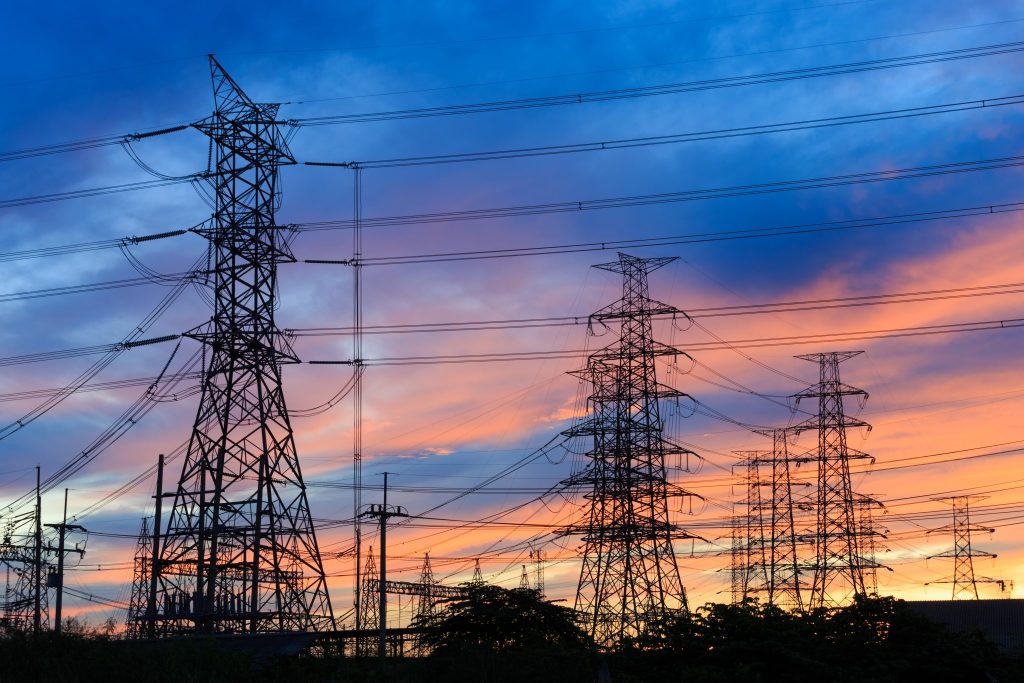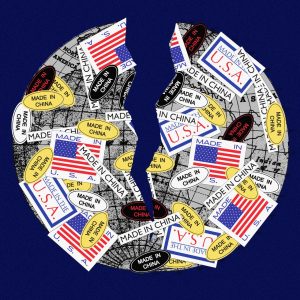As the U.S. enters the final phase of the presidential election, anxiety is mounting over what a second term for Donald Trump might entail.
Democrats argue that this time a potential Trump administration would be better positioned to bypass institutional hurdles, possibly plunging the nation into a deeper political crisis.
However, in an interview with To Vima, senior White House correspondent John Gizzi offers a different perspective. Gizzi serves as the chief political columnist for the conservative network Newsmax and maintains close ties within Trump’s inner circle. Recognized as one of Washington’s most well-connected journalists, he is also a historian of U.S. politics.
The senior correspondent contends that many of today’s concerns—such as a contested election—are not without precedent in American history. “The country will move on as it always does,” he reassures.
Should we expect business as usual or should we anticipate significant policy differences between Trump’s first term and a potential second term?
Obviously, the challenges President Trump faces are greater in 2024 than in 2016. I would expect some dramatic moves in the economy, such as a major cut in capital gains and a move to end taxes on tips, as well as a lowering of the corporate tax. In terms of foreign policy, a President Trump II would make a major effort to broker a peace deal between Russia and Ukraine and to establish a greater U.S. presence in China to help persuade Xi and the CCP to forego seizure of Taiwan.
Democrats describe Donald Trump as a threat to American democracy. Does he plan to use the government for personal revenge, and will he seek to expand presidential powers over federal agencies?
The personal revenge is very doubtful, especially with a stronger WH chief of staff and an attorney general who knows the law and its limits. For years, conservatives have hoped to get a tighter handle over the civil service and careerists in government and my guess is he would have political appointees who could do this. Going further would invite retribution from Congress. We do have checks and balances.
Donald Trump frequently mentions a “deep state.” What does he mean by this? And given his criticism of unelected bureaucrats as obstacles to his agenda, could this lead to a conflict with the bureaucracy that risks a broader government crisis?
Deep State is a term that, in past election years, was referred to as the “bureaucracy” or “big government.” It refers to the career government officials who “burrow in” their jobs and cannot be fired – as opposed to political appointees who are fired as soon as a president from a different party takes office. Criticism that career government officials thwart the president’s agenda go back decades. Careerists in the Justice Department under Ronald Reagan, for example, were charged with undercutting his efforts to make the Voting Rights Act less stringent in Southern states. Richard Nixon’s plan to go easier on court-ordered integration in the Southern States was fought by the career government employees in the U.S. Office of Education as well as the Department of Justice. A full-blown clash with the bureaucracy over not following a president’s agenda could arise and this would almost certainly lead to a decision on who has authority by the courts.
Trump’s opponents claim that many of the “adults” from his first administration have abandoned him. If he wins, with whom he will run the government?
There are always going to be people who did not “work out” in a previous administration that will walk away mad. President Trump certainly had his share of this with four chiefs of staff at the White House in four years, and fired secretaries of state and defense and an attorney general forced out. But there will always be people eager to take and willing to take positions. Mike Pompeo, for example, very much wants to be secretary of defense. Former National Security Advisor Robert O’Brien would gladly become secretary of state, former Labor Secretary Gene Scalia would take Attorney General. H. Ross Perot, Jr., Texas investor and son of the independent presidential candidate, would accept secretary of commerce.
You have covered some past Republican presidents. Would presidents like Nixon, Reagan, and Bush find any common ground with today’s MAGA movement?
Sure. Nixon’s “Great Silent Majority,” blue collar workers and middle-class suburbanites, were disgusted at the direction the country was moving in during the permissive 1960’s and moved from Republican to Democrat. Reagan had “Reagan Democrats,” traditional Democrats who loved FDR and John Kennedy but saw the Democratic Party moving in another direction and Reagan’s policy to their liking. The Silent Majority and Reagan Democrats are the ancestors of the MAGA movement
Are fears of a potential constitutional crisis in the U.S. real? What would happen if there’s a close election result and one candidate disputes it?
What could constitute a “constitutional crisis?” The US government has withstood foreign attacks in the War of 1812 to 9/11, as well as a Civil War and a Great Depression. It certainly can withstand election disputes, which are part of an American tradition. In 1824, Andrew Jackson, leader of a MAGA-style force of common people, charged that a “corrupt bargain” made opponent John Quincy Adams president and even after he defeated Adams in 1828, he still kept talking about the previous election that was stolen. In 1876, supporters of losing Democrat Samuel Tilden carried signs reading “Tilden or Blood” after a much-disputed count in the U.S. House gave the winning electoral votes to Republican Rutherford B. Hayes. In 2000, I covered the fiercely disputed race between Al Gore and George W. Bush that was finally resolved with Florida’s electoral votes narrowly giving the election to Bush and Democrats crying foul. A candidate may dispute the 2024 election, but the country will move on as it always does.



